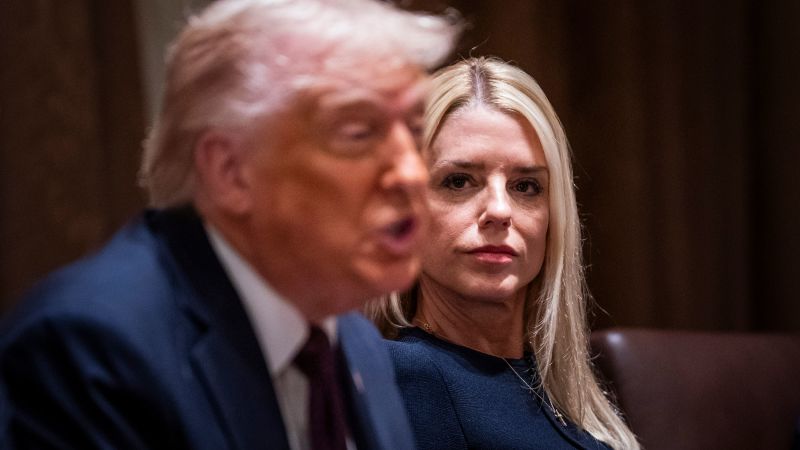The Justice Department is not expected to appoint an outsider as a special counsel for politically sensitive criminal investigations but may deputize a US Attorney if necessary. President Trump has called for a special prosecutor to investigate former President Biden and election fraud claims. However, appointing a Trump-appointed US Attorney may raise concerns about bias. The Justice Department is already investigating some of Biden’s actions through the “Weaponization Working Group.”
Ed Martin, overseeing investigations, expanded the scope to include Biden’s pardons and other administration aspects. If needed, criminal investigations will likely be outsourced to a US Attorney. The special counsel role aims to address conflicts of interest and serve the public interest.
Notable special counsels include Robert Mueller, appointed to investigate Russian interference in the 2016 election. Trump has criticized special counsels, fearing they would hinder his presidency. Attorney General Garland appointed Jack Smith to investigate Trump’s alleged election interference and mishandling of classified documents.
Judge Aileen Cannon ruled Smith’s appointment unconstitutional in Trump’s case involving classified documents. Smith withdrew cases against Trump after reelection. The evolution of special counsels dates back to the Ethics in Government Act of 1978. The law expired in 1999, leading to the creation of regulations for special counsels appointed by the Attorney General.

